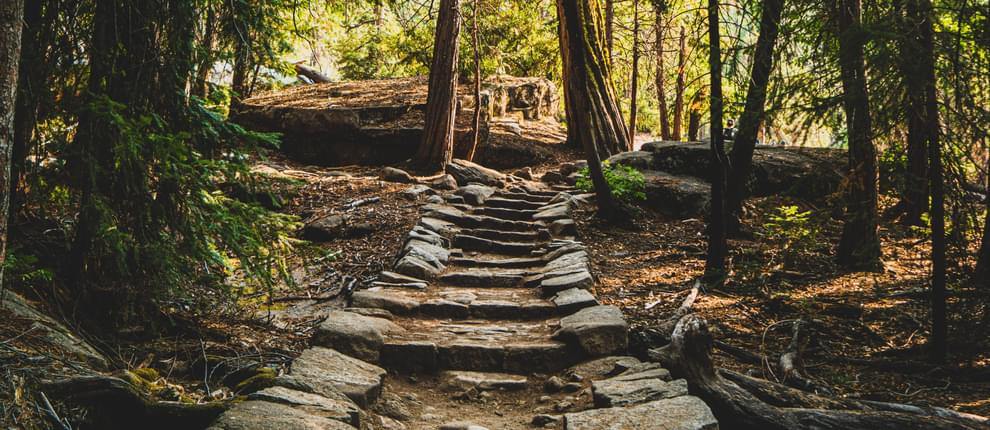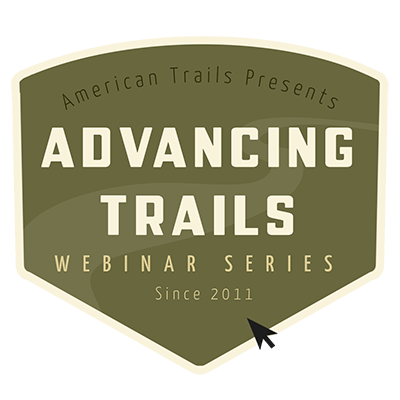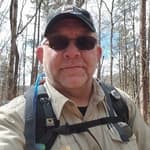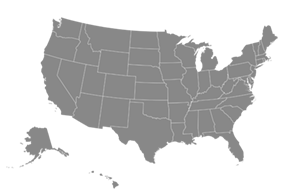




Subscribe to our mailing list for notifications on our latest trainings.

Learn how the White Mountain Trail Collective is implementing the Collective Impact Model to add capacity to its partners and change the way they do trail work in the White Mountain National Forest.
Presented by:
** This event has passed **
February 18, 2021
10:00 AM to 11:00 AM (Pacific Time) {more time zones}
Cost (RECORDING):
FREE for membersNote:
Closed Captioning is available for this webinar.
Learning Credits are available for this webinar.
This webinar is free. Would you consider a donation to support this webinar?
How can like-minded organizations pull together to achieve and maintain sustainable trail systems? Too many organizations are working in isolation from one another. Collective impact brings people together, in a structured way, to achieve social change; trails are not an exception.
With a common agenda, shared measurement, fostering mutually reinforcing activities, and encouraging continuous communication and a strong backbone organization, it is possible to “raise all ships” and add much needed capacity to trail stewardship.
Learn how the White Mountain Trail Collective is implementing the Collective Impact Model to add capacity to its partners and change the way they do trail work in the White Mountain National Forest.

This webinar qualifies as a Health, Safety, and Welfare (HSW) course (via LA CES).
Stanley Carte, Assistant Recreation and Wilderness Program Leader, White Mountain National Forest, USDA Forest Service

Stan started his career with the Forest Service as a SCA backcountry patrol volunteer in 1989. Spent the next 23 years with the United States Forest Service in New Hampshire and Ohio honing his trails, wilderness and recreation skills. Built multiple motorized, equestrian, and hiking trails, including numerous fully accessible trails for all to enjoy.
In 2012 Stan left the Forest Service to further his education and pursued a Master’s in Project Management with hopes of bringing his newly found skills back to the Forest Service. After graduating in 2017 he started working for the Mark Twain National Forest as the trails and Wilderness Manager for Zones 1 and 2 where he managed the Ozark Trail and built relationships with volunteers and partners to help care for 750 miles of hiking and equestrian trails.
December of 2019, he returned home to the White Mountain National Forest as the Assistant Recreation and Wilderness Program Leader where he oversees trails and Wilderness programs on the Forest. As the trails program leader, Stan has the opportunity to work with folks as the lead data steward, directly working with employees at the District and the Regional offices, as well as volunteers and partners.
We are offering closed captioning for our webinars, thanks to a partnership with VZP Digital. If you are in need of this service, please email us prior to the webinar. An unedited transcript will be sent to all attendees following the webinar.
American Trails is proud to be a certified provider of the following learning credits and continuing education opportunities:
Learning credits are free for attendees for American Trails webinars and the International Trails Symposium, as well as for other conferences, webinars, and workshops we offer credits for. Learn more here.
While we may individually agree (or disagree) in whole or in part with any or all of the participants, the views expressed in these webinars are not necessarily representative of the views of American Trails as an organization or its board and staff. Unless specific situations are noted by presenters, nothing in American Trails webinars should be considered to be interpreted as a standard.
By registering for our webinars, you submit your information to the webinar organizer and associated presenters and sponsors, who may use it to communicate with you regarding this event and their other services. Your organization may also be added to the American Trails Business Directory. You can easily cancel your registration at any time.
5,284 views • posted 12/15/2020
